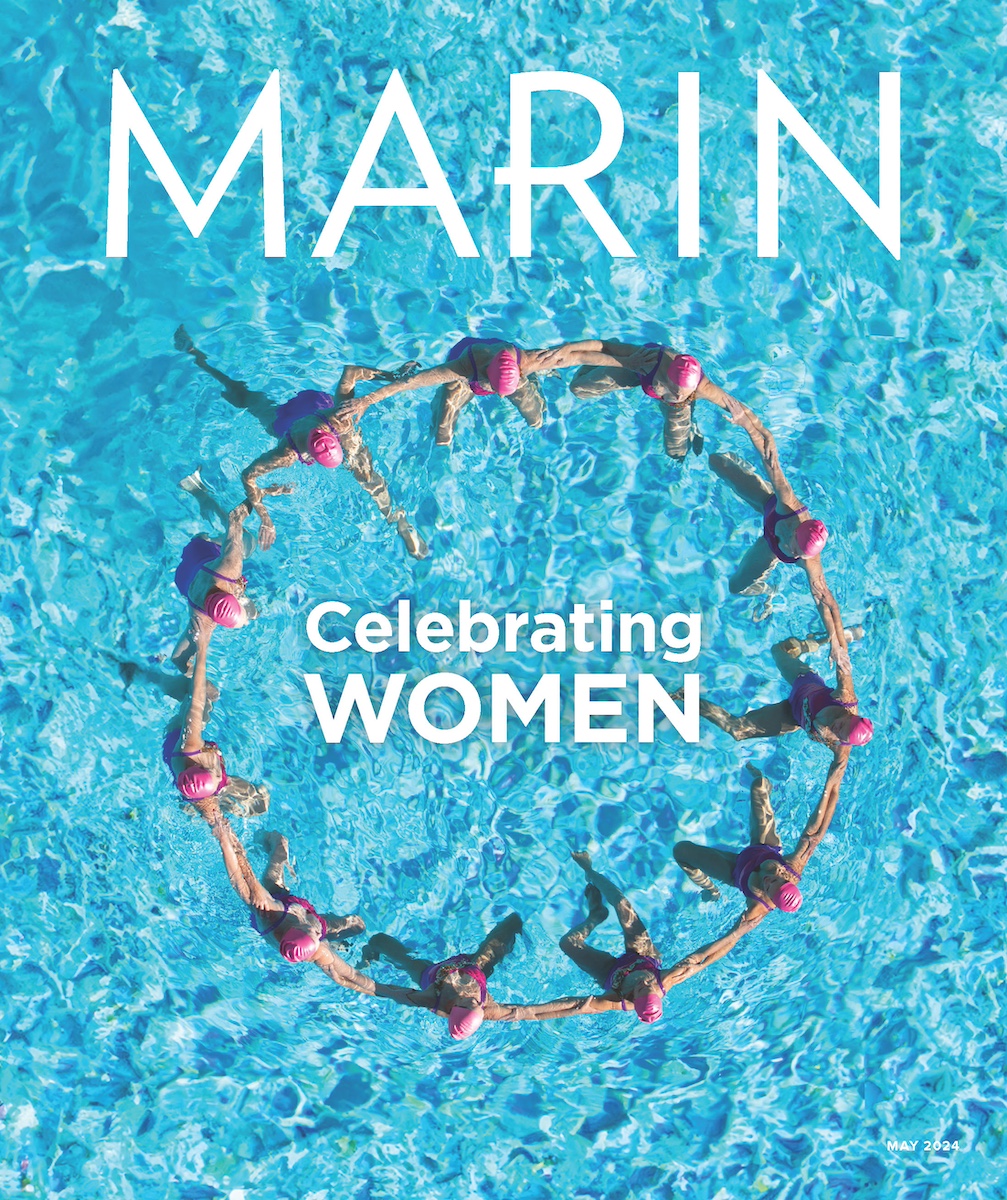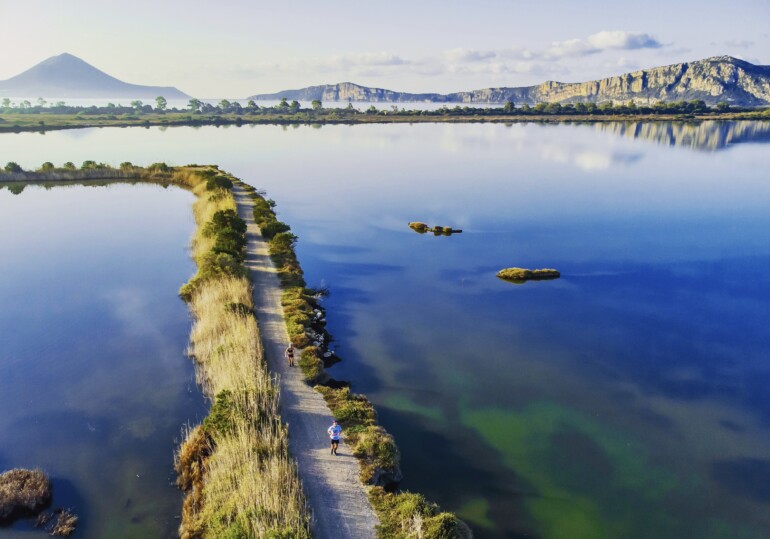If you’ve ever heard the word democracy, ever watched the Olympics, ever gazed upon the Corinthian columns of the U.S. Capitol, ever read, or had The Goose That Laid the Golden Eggs read to you, ever laced on a pair of Nike’s or mourned the loss of a fallen Spartan, be it in ancient times or recent, Greece is part of you. The Greeks were at the forefront of science, philosophy, arts, literature, language and politics, and during the 4th century BCE Greece experienced the most extraordinary flowering of artistic and intellectual activity the world had ever seen. In some profound and indelible way, this small rocky country at the intersection of East and West has imparted an outsized and everlasting influence on all of humanity.
“I have always been far more interested in the Greeks than in science.”
~ Albert Einstein
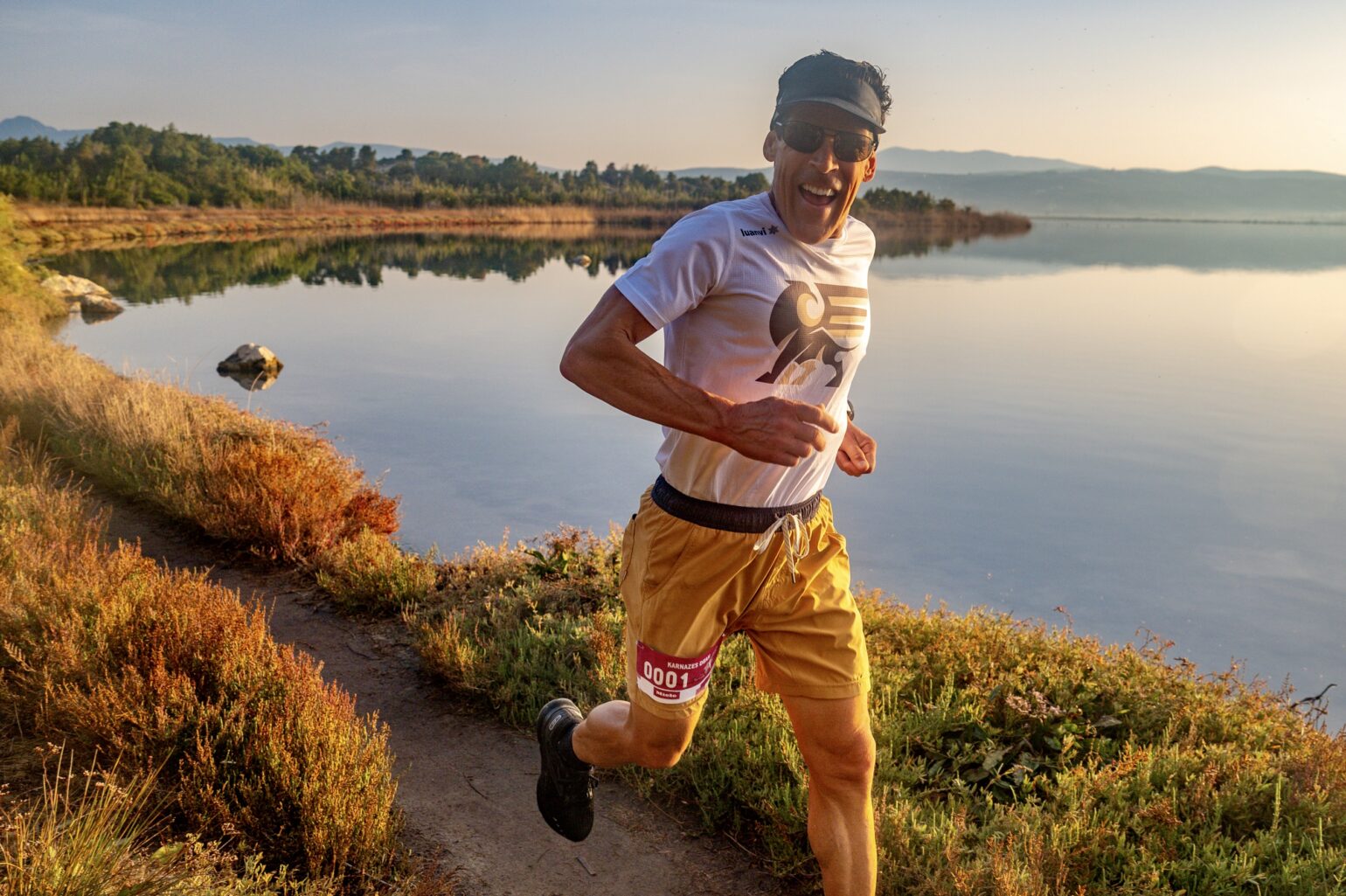
The names still endure: Athena, Plato, Aristotle, Cleopatra, Alexander the Great, and to the more discerning, Sappho, Aspaisa and the playwright Euripides. Socrates is lauded as one of the wisest beings to have ever walked the planet, yet he claimed to know nothing other than the fact that he knew nothing. For anyone interested in food, the first recipe book came from Ancient Greece. So, too, did Epicurus.
While people of Greek ancestry comprise only .01 percent of the global population, the most recognizable word across the world, OK, comes from the Greek word, Ola Kala (all good). Some Greekness is inside all of us, and when you learn more about the Greeks you’ll quickly realize how special this is.
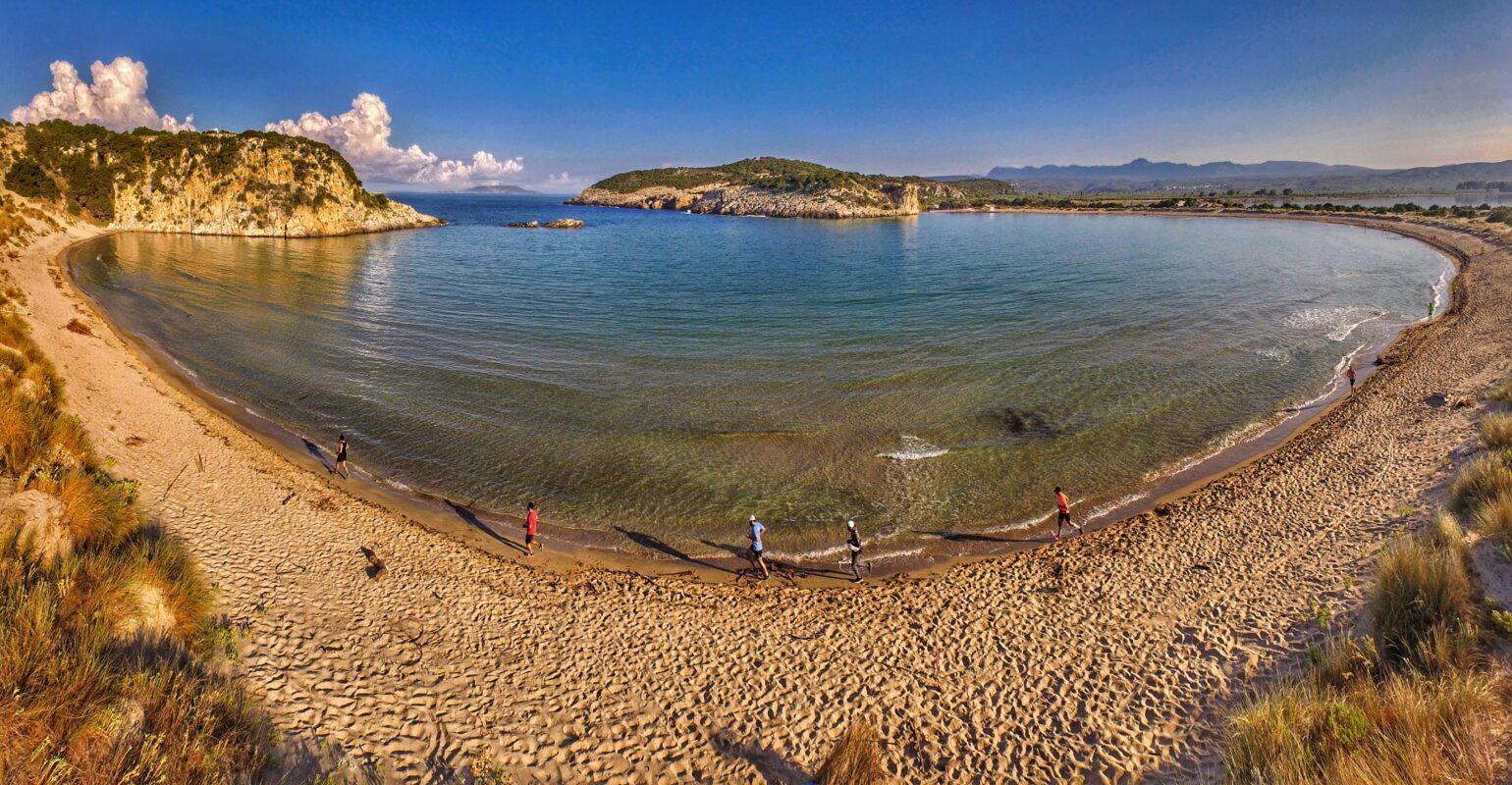
Origin Story
Many fellow Marinites may recognize my name as that crazy runner who’s perpetually off gallivanting across some faraway land, running hundreds of miles in the mountains and the deserts with little rest. Yes, this I do, but what fewer realize is that I’m 100% Greek and have been a lifelong student of Classics. In fact, my given name is not Dean at all, but Constantine. Over the past decade I’ve been focusing more of my globetrotting on my ancestral homeland, and what I’ve unearthed has been both captivating and wondrous.
One immediate observation is that many areas of Greece appear strikingly similar to those of Marin. If one were to be sitting at a seaside taverna in Kalamata looking up at the surrounding hillsides it could just as well be Stinson Beach. Sure, there are a few more olive trees in Kalamata, but other than that the resemblances are uncanny. California has, after all, one of the few other Mediterranean climates outside of southern Europe. When I’ve taken friends from the U.S. to Greece they’ve frequently marveled at how alike the topography and flora in certain regions looks to Marin County.
But then you’ll come upon ancient ruins dating back thousands of years and quickly realize you’re in a different place altogether. The Mountain Theatre on Mt. Tamalpais was constructed in 1936; the Theatre of Dionysos in Athens was completed in 485 BCE.
“Of all the peoples, the Greeks have dreamt the dream of life best.”
~ Goethe
Greece is an ageless land, a place where the modern and the ancient join arms in a timeless dance. Greece is a feeling as much as a locality. Much has been written about the light in Greece, how it brings colors and textures to vivid life and rouses the senses. The sky is somehow bluer in Greece, the clouds whiter, the sapphire sea more vivid, like a waking dream. The Greeks worshiped the sun and the purity of its light, and the Olympic flame was never lit using terrestrial fire, but by harnessing the rays of the sun, a tradition that remains to this very day.
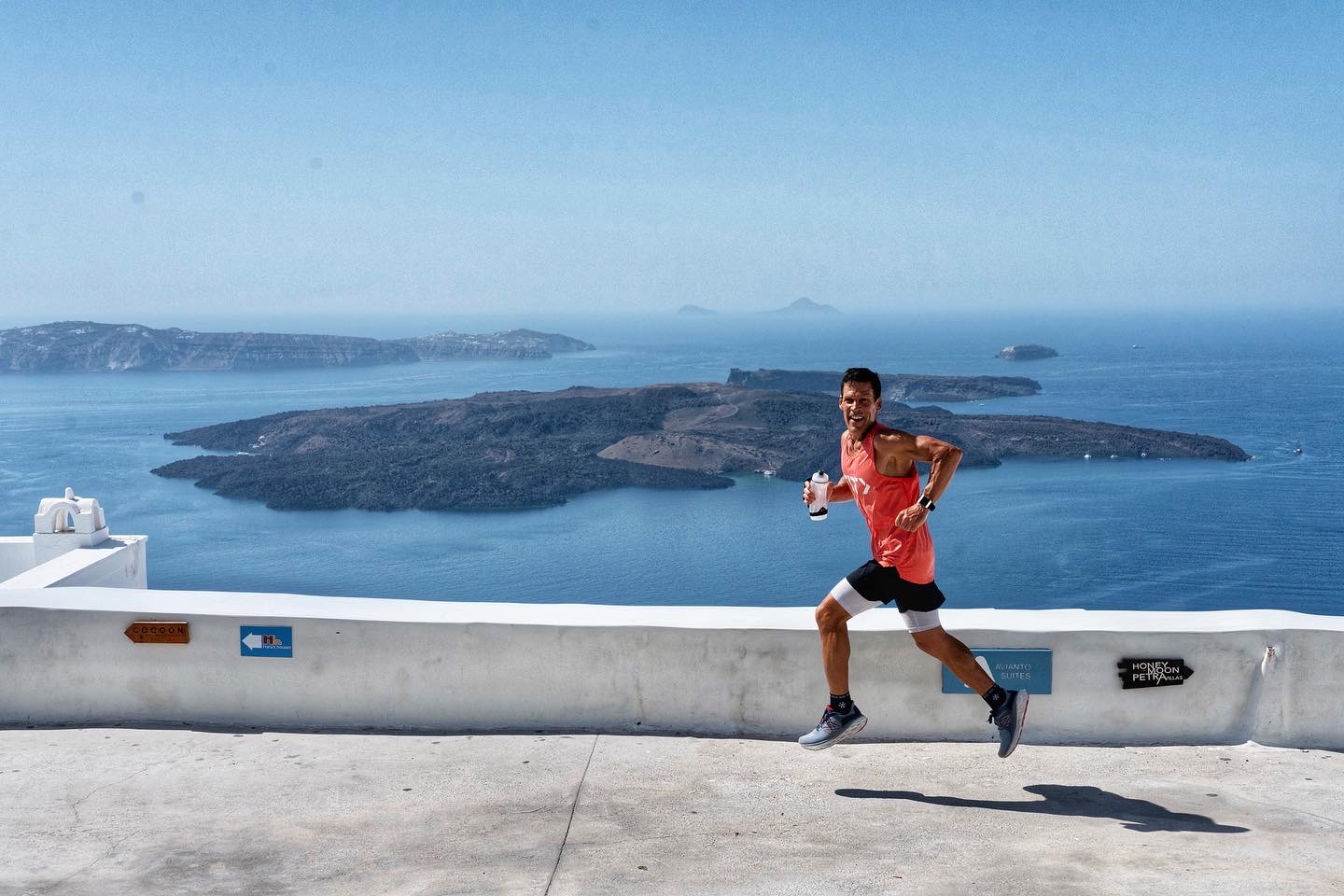
Ready to Escape?
Greece is having a moment, or perhaps better stated, Greece is having another moment. Record numbers of tourists are expected to visit the country this year, though most come from countries other than the U.S. At its peak in 2019, 600,000 Americans visited Greece (for comparison, 9.4 million visited Hawaii that same year).
Most of the tourists visiting Greece travel to three places: Athens, Santorini and Mykonos. In their defense, I will say that even in these overly trodden locations, enchanting places can still be found, if you know where to look. But I would submit that the real Greece is experienced in lesser-known regions. And it doesn’t take a lot of creativity to find gems. There are 2,000 Greek islands; most people visit the aforementioned two.
Just how does one approach a journey to this birthplace of democracy? First is to understand that Greece has infinite possibilities. There are snowcapped peaks, dazzling white sand beaches, culture, arts, theater, history, gastronomy (oh, the food!) and a host of outdoor activities, from whitewater rafting and scuba diving, to championship golf, if that’s your thing. So start your sojourn with an understanding of what you’d like to experience.
If you’re a runner, like many of us in the Bay Area, you may know the marathon originated in Greece. What fewer realize is that Marathon is actually an enchanting township on the east coast of Attica, 26.2 miles from Athens. It’s thrilling to visit, and walk around the place where it all began in 490 BCE. And it’s surprising to see that much of the surrounding areas of Marathon remain untouched since the time Phidippides set off on his intrepid jaunt to the Acropolis to hail: “Ni-kee! Ni-kee!” (Victory! Victory!) announcing Greek triumph over the invading enemy (and unsuspectingly inspiring the name of the world’s largest sportswear company many millennia later).
And it wasn’t just Pheidippides, people spent a lot of time moving around on their feet in classical Greece. Aristotle, the legendary scholar, gave his lessons while walking around. His students became known as the peripatetic’s (wanderers). Motion stirs emotion, he advised.
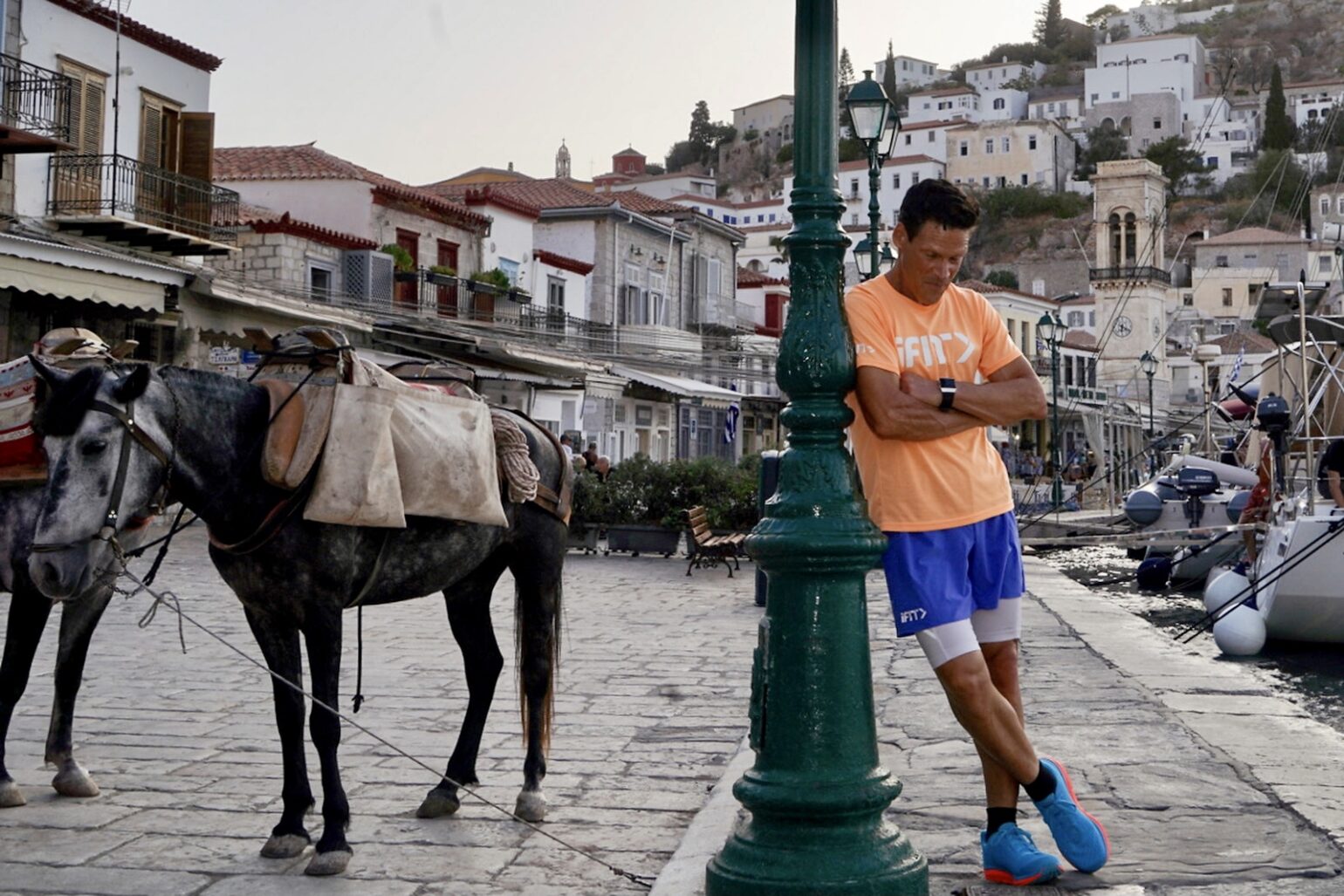
The Ultimate Runcation
Discovering on foot is hardly something confined to antiquity. Many modern day vacationers are learning that experiencing a place through running or walking is a richer and more intimate way to explore. With that in mind, I recently launched Greek Running Tours. We provide guided tours in small groups to secluded places in Greece that few tourists will ever get to venture, along with unique cultural experiences — cheese making in the mountains of Crete, olive pressing in the Peloponnese, Tsipouro tasting on the Athens Riviera and more. The runs are not races, but casual jaunts at a relaxed pace with plenty of sightseeing along the way. Typical distances range from four to seven miles. There’s also a daily walk, on a flatter path, mostly along the coastline. And the upside of all this exercise, you can freely indulge in the remarkable Greek food! There are nightly spa and massage services to help soothe your body and mind, and our guests stay at world-class luxury resorts. Everything about Greek Running Tours is designed to deliver a once in a lifetime experience.
So if Greece is on your bucket list, this might be the year to make it happen. And if Greece is not on your bucket list, this might be the year to add it.
“It takes a lifetime for someone to discover Greece, but it only takes an instant to fall in love with her.”
~ Henry Miller
For more information, visit: GreekRunningTours.com
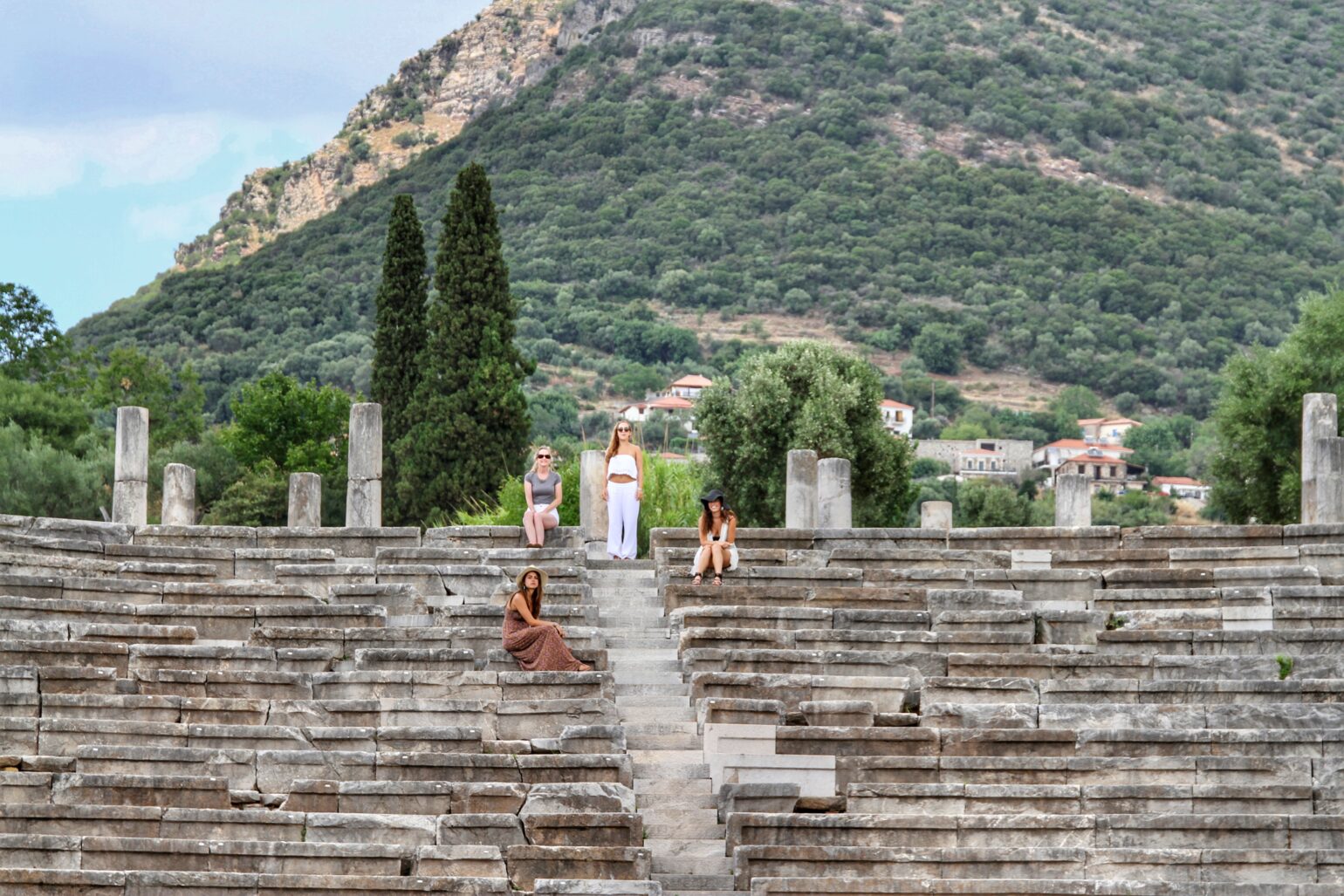
Uniquely Greek
1) Mastiha
Extracted from the mastiha tree on the island of Chios, this sappy resin has the refreshing earthy flavor of fresh pine with notes of lemon and cardamom. Mastiha is eaten or chewed for its distinctive taste and medicinal properties.
2) Rock Samphire
Harvested from rocky, salt-sprayed cliffs and along beaches, rock samphire is sometimes referred to as sea asparagus, sea fennel, or sea pickle. The bold and unusual flavor brings any dish to life.
3) Pasteli
A snack made from honey and sesame seeds, pasteli is the ancient Greek version of a power bar! Try ones with added pistachio or orange peel for a special treat.
4) Ouzo
A dry anise-flavored aperitif, Ouzo has the unmistakable flavor of black licorice. Depending on your tastes, it is either bracingly crisp, or hideously overwhelming. With ouzo, there’s no middle ground.
5) Horta
Horta in Greek literally means “wild greens” and it has been a staple of the Greek diet since time immemorial. Typically boiled, horta tastes hearty and nutty, and it delivers an after-kick of bitterness that enlivens the taste buds.
Unknown Treasures
1) Kefalonia
Famous for its beautiful beaches, national park and welcoming locals, Kefalonia is a stunning emerald-green island in the Ionian Sea.
2) Pylos
Birthplace of Homer, Pylos is a delightful seaside enclave with a charming downtown and spellbinding sunsets that highlight the surrounding channel islands.
3) Elounda, Crete
Crete has become a hotspot amongst those-in-the-know travelers, and Elounda is an exotic outpost with tranquil turquoise waters and otherworldly food.
4) Hydra Island
Vehicle free Hydra is an elegant bohemian getaway where celebrities from around the world have sought sanctuary and inspiration, from the Rolling Stones to Leonard Cohen.
5) Nafplio
A former capital city of Greece, Nafplio has dramatic castles perched on steep cliffs, impressive churches and colorfully flowered alleyways. Many consider it the most romantic city in the world.

Constantine “Dean” Karnazes is a New York Times bestselling author, ultramarathoner and has twice carried the Olympic torch. He was a candidate for TIME magazine’s 100 Most Influential People in the World in 2007, sharing rarefied air with the likes of Tiger Woods and David Beckham. When not venturing, Kentfield is his home base.
